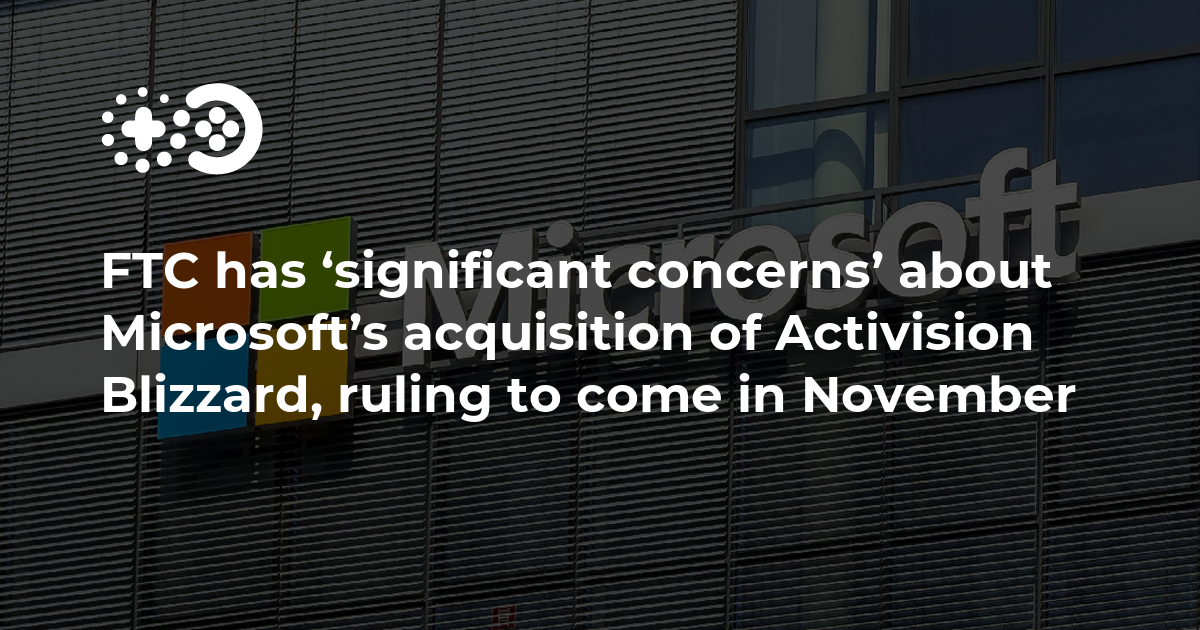The Undervalued Asset: How Middle Managers Benefit Companies And Employees

Table of Contents
Middle Managers as Crucial Communicators and Translators
Middle managers act as essential conduits of information, effectively translating company strategy into actionable plans for their teams. They are the bridge between the high-level vision of senior leadership and the day-to-day realities of frontline employees. This crucial translation ensures everyone is working towards the same goals with a clear understanding of their individual roles.
Their role involves much more than simply passing down orders. They facilitate two-way communication, ensuring that feedback from employees reaches senior management and that senior management's decisions are clearly communicated to teams. This open dialogue is critical for building trust and fostering a collaborative work environment.
- Facilitating two-way communication between senior management and employees. They act as a sounding board for both, ensuring all voices are heard.
- Interpreting complex information and making it understandable for team members. They simplify complex strategies and objectives, making them accessible to everyone.
- Addressing employee concerns and relaying feedback to upper management. They act as advocates for their teams, ensuring their concerns are addressed effectively.
- Ensuring consistent messaging and implementation of company initiatives. They maintain uniformity across departments, preventing conflicting messages and ensuring projects run smoothly.
Middle Managers: The Driving Force of Productivity and Efficiency
Effective middle managers are masters of operational efficiency. They optimize workflows, delegate tasks effectively, and foster teamwork, driving productivity and minimizing wasted resources. Their keen understanding of both the big picture and the day-to-day details allows them to identify and resolve bottlenecks before they become major problems.
They actively monitor key performance indicators (KPIs) to track progress and identify areas for improvement. This data-driven approach ensures that teams are consistently performing at their best. Their expertise is crucial in preventing disruptions, resolving conflicts, and minimizing operational risks.
- Managing team performance and individual productivity. They create and maintain efficient work processes and monitor employee progress.
- Implementing and monitoring key performance indicators (KPIs). They use data to measure team success and make informed decisions.
- Identifying and mitigating potential risks and challenges. They proactively address potential problems before they negatively impact productivity.
- Streamlining processes to improve efficiency and reduce costs. They continually seek ways to improve workflows and eliminate unnecessary steps.
Middle Managers: Mentors, Coaches, and Employee Development Champions
Beyond managing tasks and workflows, middle managers play a critical role in employee development and retention. They act as mentors and coaches, providing regular feedback, identifying training needs, and fostering career growth within their teams. This investment in their team members not only improves individual performance but also significantly contributes to overall employee satisfaction and retention.
By creating a positive and supportive work environment, middle managers foster a sense of belonging and encourage employee engagement. This nurturing leadership style contributes to a more productive and satisfied workforce.
- Providing regular feedback and coaching to improve employee performance. They offer constructive criticism and guidance to help team members grow.
- Identifying training needs and development opportunities for team members. They actively seek ways to improve their team's skills and knowledge.
- Mentoring junior employees and fostering their career growth. They act as role models and provide support to help team members advance.
- Creating a positive and supportive work environment that fosters employee engagement. They cultivate a culture of collaboration and mutual respect.
Investing in Middle Management: A Strategic Advantage for Companies
Investing in middle management training and development is not an expense; it's a strategic investment that yields significant returns. Companies that prioritize their middle managers see a direct correlation between effective middle management and increased employee satisfaction, reduced turnover, and higher profitability.
By providing opportunities for professional development and empowering middle managers to lead effectively, organizations reap substantial benefits. This includes improved employee morale, reduced recruitment and training costs, and increased productivity leading to higher overall profits.
- Reduced employee turnover and associated costs. Investing in employee development increases retention rates.
- Improved employee morale and engagement. A supportive management team fosters a positive and productive work environment.
- Increased productivity and efficiency leading to higher profits. Efficient teams lead to higher output and greater profitability.
- Enhanced organizational performance and sustained growth. A strong middle management team is crucial to long-term success.
Conclusion: Recognizing and Empowering the Value of Middle Managers
Strong middle management is not just beneficial; it's essential for both company success and employee well-being. From facilitating effective communication to driving productivity and fostering employee growth, middle managers play a multifaceted role that significantly impacts an organization's bottom line and overall culture. Recognizing and empowering your middle management team is a crucial step towards unlocking their full potential and achieving greater organizational success. Invest in their development and empower them to lead. Start valuing your middle management team today for improved organizational success.

Featured Posts
-
 Full List Famous Faces Affected By The La Palisades Fires
Apr 22, 2025
Full List Famous Faces Affected By The La Palisades Fires
Apr 22, 2025 -
 Ftc Appeals Activision Blizzard Acquisition Ruling Whats Next
Apr 22, 2025
Ftc Appeals Activision Blizzard Acquisition Ruling Whats Next
Apr 22, 2025 -
 Chinas Export Led Growth A Rising Tide Of Tariff Risks
Apr 22, 2025
Chinas Export Led Growth A Rising Tide Of Tariff Risks
Apr 22, 2025 -
 New Business Hotspots Across The Country An Interactive Map
Apr 22, 2025
New Business Hotspots Across The Country An Interactive Map
Apr 22, 2025 -
 Pope Francis Death Confirmed Pneumonia Complication At 88
Apr 22, 2025
Pope Francis Death Confirmed Pneumonia Complication At 88
Apr 22, 2025
